Linguistic software helps law enforcement
Name recognition software is also becoming a vital tool to combat fraud in the financial sector, according to IBM.
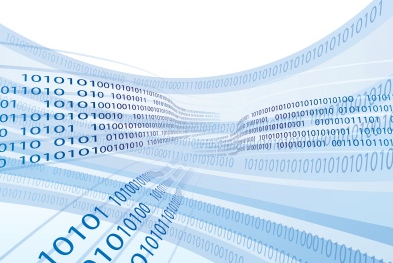
Sign up today and you will receive a free copy of our Future Focus 2025 report - the leading guidance on AI, cybersecurity and other IT challenges as per 700+ senior executives
You are now subscribed
Your newsletter sign-up was successful
Software that recognises a name even if it varies from different information sources is becoming a vital tool, used by law enforcement, border control agencies and even financial institutions.
For example, one database can have a surname spelled Rodgers, while another has it as Rogers.
The problem gets much worse when dealing with foreign names, as language becomes a factor.
In an interview at IBM's Information On Demand (IOD) conference in Las Vegas, the company's manager of linguistics Frankie Patman spoke about the importance of name recognition software.
She referred back to 1993, when an investigation to find Mir Aimal Kansi for shooting three CIA agents was hampered because his name was spelled differently on his passport and visa.
"In some records it was Kansi. In others it was Kazi. Our technology played a part in finally figuring out that those two names were the same," she said.
Financial potential
Sign up today and you will receive a free copy of our Future Focus 2025 report - the leading guidance on AI, cybersecurity and other IT challenges as per 700+ senior executives
So far, the biggest clients for such global name recognition technology were in intelligence, law enforcement and border control, but it was increasingly being taken up by financial institutions.
This was because this can reduce the chances of fraud and money laundering. She also highlighted healthcare as an area where it could be useful.
The software is also of benefit when two companies merge and need to combine separate sets of information together.
"To find the value in those merged sets of information, you need to make sure that when you refer to one person you find everything that's in there about them," Patman said.
"Our technology will allow you to find more of what you're looking for, and fewer distracting non-relevant records. So it's a huge asset for merging data," she added.
-
 ITPro Best of Show NAB 2026 awards now open for entries
ITPro Best of Show NAB 2026 awards now open for entriesThe awards are a fantastic opportunity for companies to stand out at one of the industry's most attended shows
-
 Mistral CEO Arthur Mensch thinks 50% of SaaS solutions could be supplanted by AI
Mistral CEO Arthur Mensch thinks 50% of SaaS solutions could be supplanted by AINews Mensch’s comments come amidst rising concerns about the impact of AI on traditional software
-
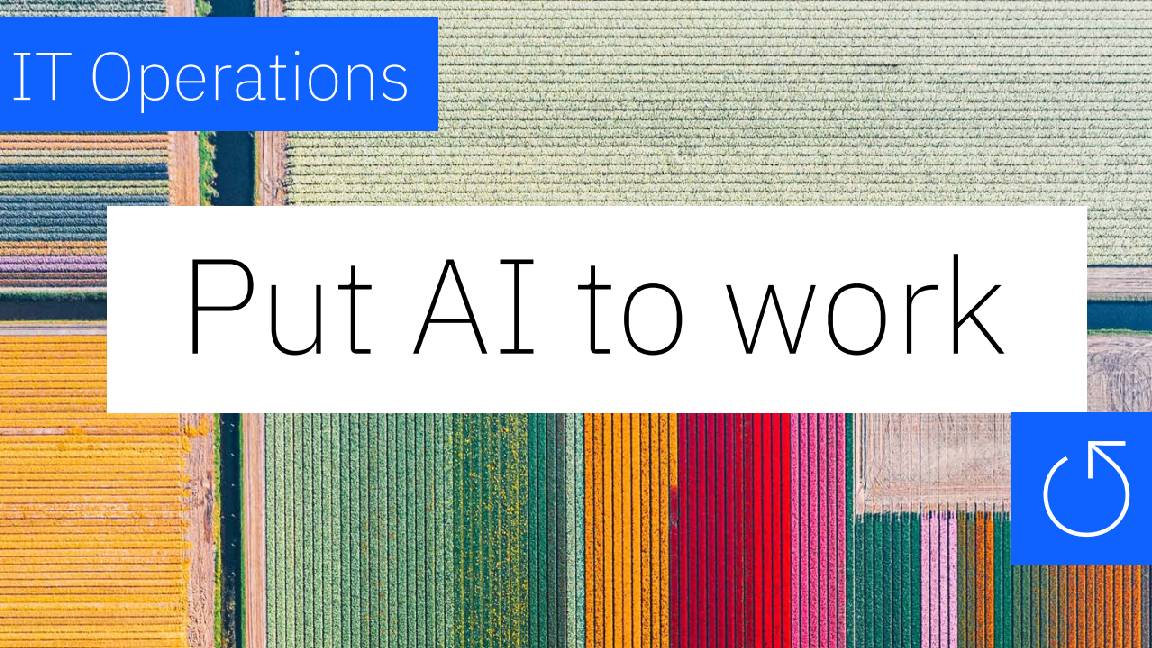 Put AI to work for IT operations
Put AI to work for IT operationswhitepaper Reduce the cost and complexity of managing hybrid applications
-
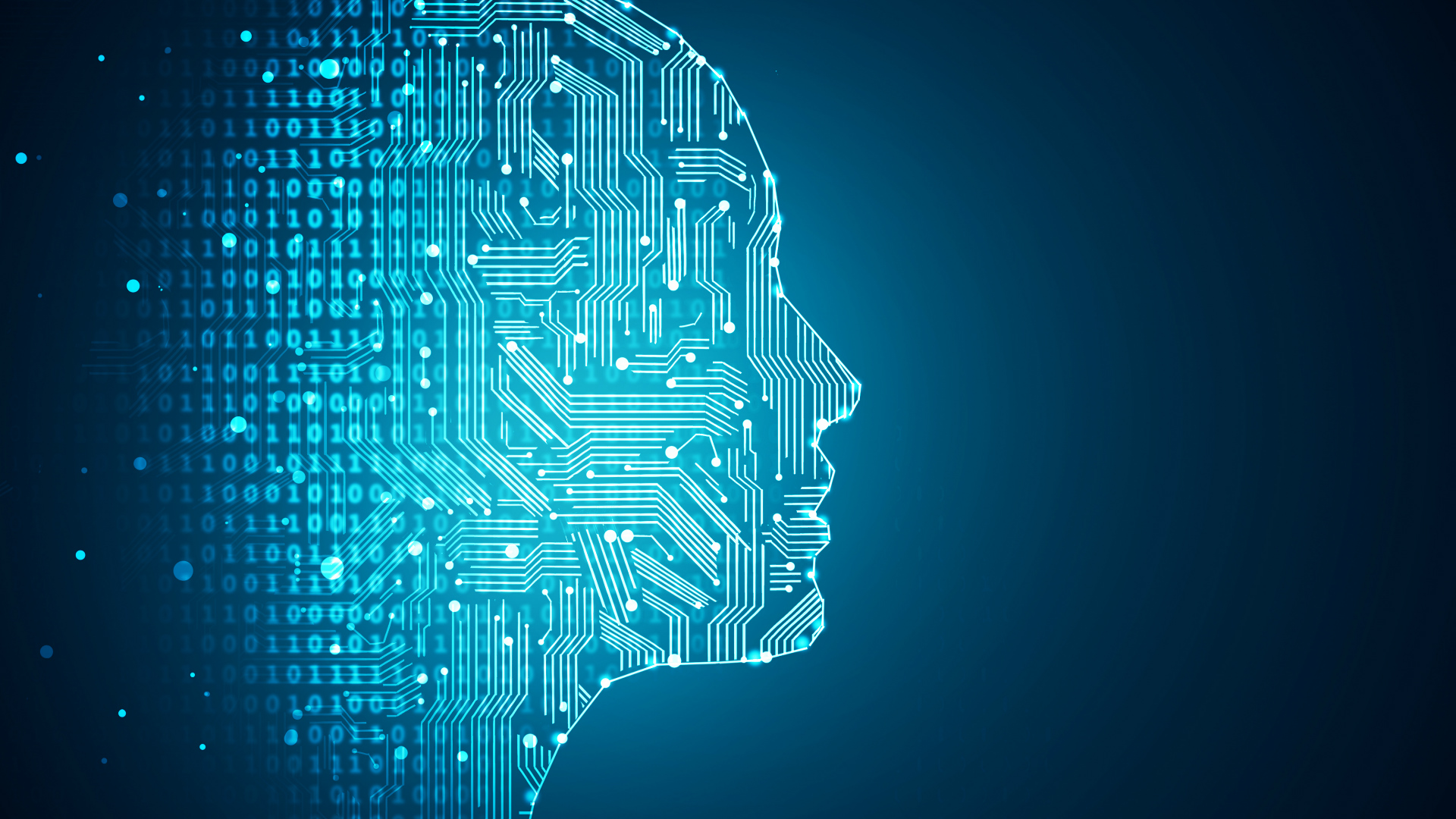 AI in the retail industry is spreading beyond the IT department
AI in the retail industry is spreading beyond the IT departmentNews AI has become a strategic imperative for retailers, delivering marked productivity gains
-
 Maximizing contact center operations with generative AI assistants backed by responsible AI principles
Maximizing contact center operations with generative AI assistants backed by responsible AI principleswhitepaper Reduce the cost and complexity of managing hybrid applications
-
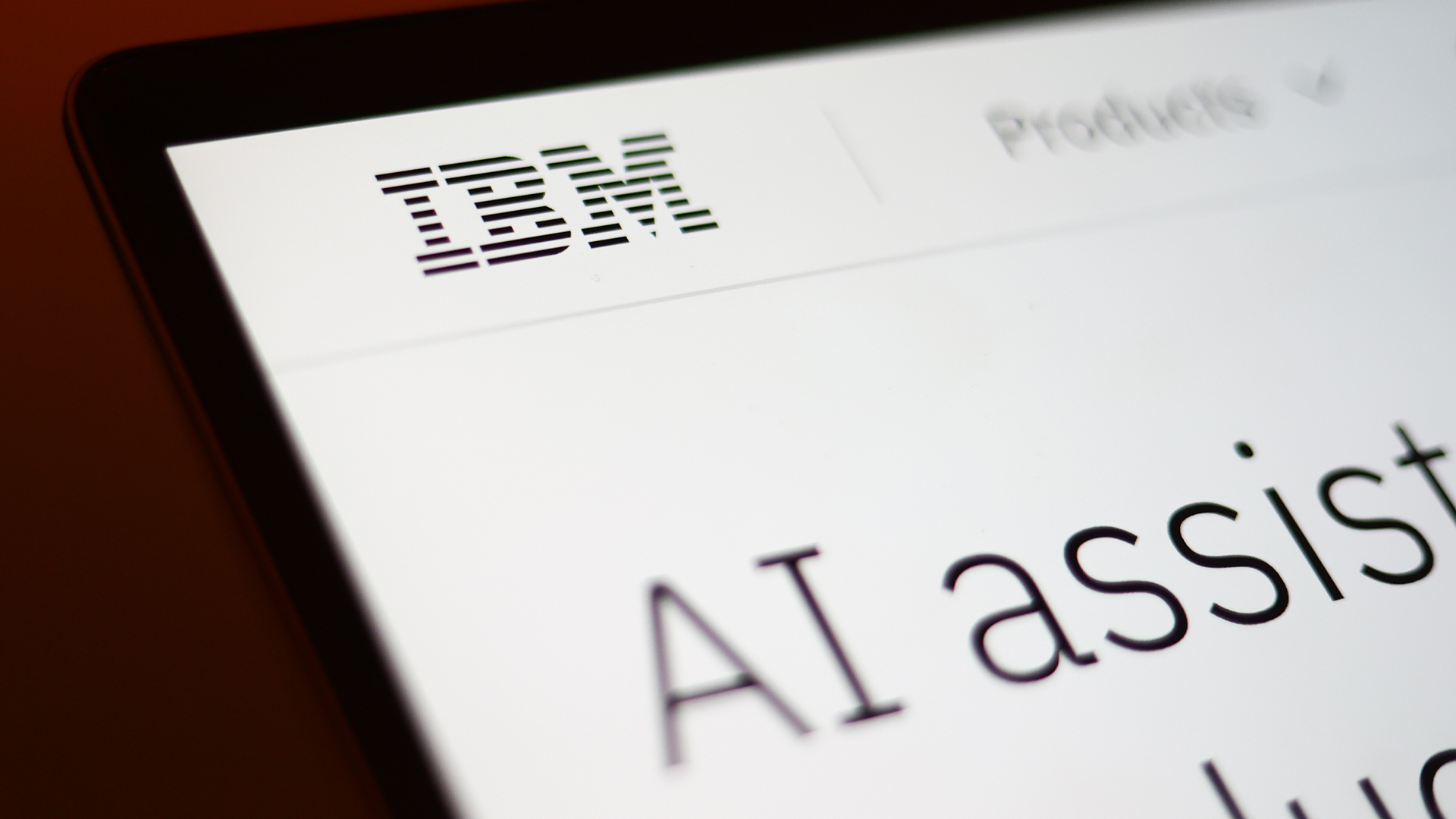 IBM just launched powerful new open source AI models – here’s what you need to know
IBM just launched powerful new open source AI models – here’s what you need to knowNews Available under the Apache 2.0 license, IBM's Granite 3.0 models are trained on enterprise data and can out-perform the competition
-
 Achieving business outcomes with generative AI
Achieving business outcomes with generative AIWebinar Take your hybrid cloud journey to the next level with generative AI
-
 Wimbledon’s new Catch Me Up AI feature promises to keep fans up to date at the tournament – after it irons out some of the wrinkles
Wimbledon’s new Catch Me Up AI feature promises to keep fans up to date at the tournament – after it irons out some of the wrinklesNews The latest feature to come out of IBM’s partnership with Wimbledon will keep fans engaged from the early stages right through to the final with dynamic player insights
-
 AI demands new ways of data management
AI demands new ways of data managementwhitepaper The data leader’s guide for how to leverage the right databases for applications, analytics and generative AI
-
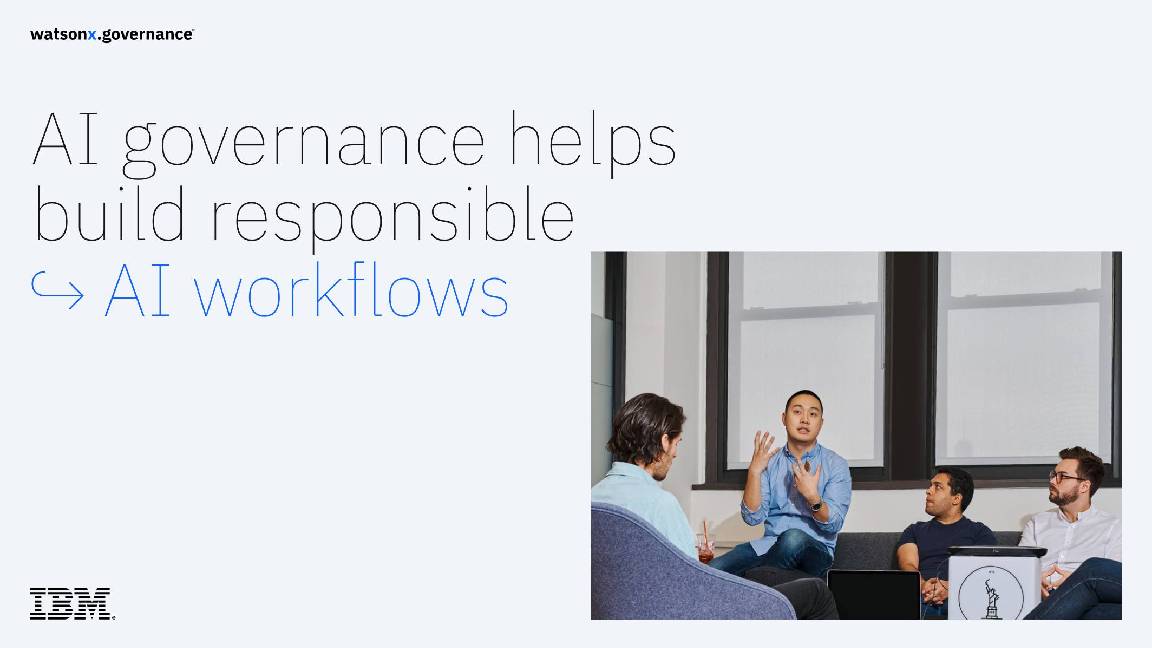 AI governance for responsible transparent and explainable AI workflows
AI governance for responsible transparent and explainable AI workflowswhitepaper Build greater trust in your AI